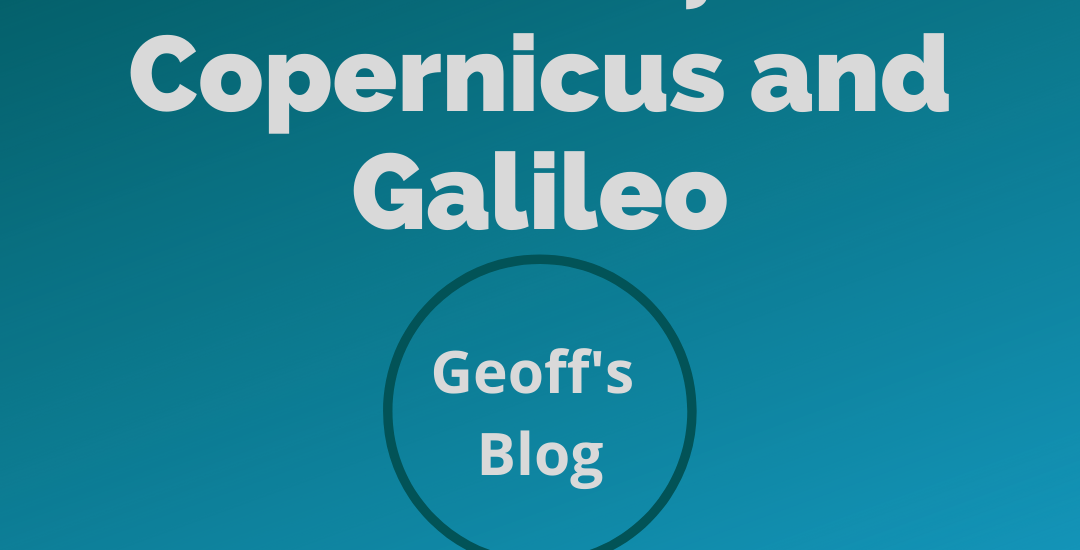- October 6, 2020
- Posted by: EARSC
- Categories: Blogs, EARSC News

In the latest twists in the Brexit saga, it was reported last week that the CAMS and C3S contracts with the European Centre for Medium Range Weather Forecasting (ECMWF) may be moved outside of the UK as a result of Brexit. As this long saga moves towards the next key milestone on 31st December, more impacts of this act of national auto-mutilation are becoming apparent. What does it mean for the UK and Copernicus?
ECMWF is an international body so will not itself be directly affected by Brexit. Based in the UK since 1975, when it was established in Reading to be near the UK Meteorological Office in Bracknell (but now moved to Exeter), the ECMWF has recently opened a new facility in Bologna, Italy to host a new supercomputer capacity. But as of January 2021, the UK becomes a third-party country to the EU and, unless an agreement is struck beforehand, will no longer be a participatory to the EU Copernicus programme.
As part of Copernicus, a new research facility for weather and climate is due to be established with up to 250 staff. If the UK is not part of the Copernicus programme, nor a partner to the next EU R&D programme Horizon Europe, then this facility is very much under threat of being located outside the UK. In this respect it would follow the European Medicines Agency and the European Banking Authority and indeed the Galileo Security Facility by being moved from the UK to an EU Member State.
Early in the Brexit saga, when the implications became apparent for the Galileo programme, the UK announced it would develop its own satellite navigation system. This was particularly ironic given the UK position towards Galileo when it was being decided in the early years of the century. At that time, the UK argued that the US GPS was perfectly adequate, and that Europe did not need to construct its own system. However, when told that the UK could not longer be a part of Galileo after Brexit unless a new agreement was made, the May government went into a hissy fit and invested up to UKP100m in designing its own system with a final bill put at around UK5B.
This took another strange twist in the summer when the Johnson government announced that it had abandoned that idea and would now invest 500m in the Oneweb system which had entered chapter 11. Experts quickly pointed out that the configuration of the Oneweb constellation, the satellites, the frequencies, the orbits are not well-suited to hosting a GNSS payload. The UK industry has been split on the wisdom of this decision and, whilst some, like Pat Norris, have provided a more balanced argument, the suspicion remains that the UK, in order to save face over the Galileo withdrawal, is simply buying the wrong satellites.
Either way, the investment marks a very sharp change of policy by the UK government which has followed a far less interventionist role in the past. An excellent, forensic analysis of the Galileo and Oneweb saga is given by Alex Andreou in the Byline Times.
Which brings us back to the future of the ECMWF. The headquarters would in any case remain in Reading but whilst the UK would like to host the new Copernicus facility covering the CAMS and C3S contracts, many other countries are expected to bid to host them. According to the Guardian article, bids to host the new offices are expected from Austria, Estonia, France, Germany, Ireland, Italy, the Netherlands, Portugal, Spain and very strong competition is expected with a lot of political factors to be balanced.
However, Brexit negotiations are still on-going, and it was announced yesterday, could continue up to the end of October. Longer than this would not allow time for the European Parliament to give its approval. So, it is still possible that the UK will be a third-country partner to Horizon Europe, Copernicus and even to Galileo. In which case, it would be more likely that the new facility would be built alongside ECMWF headquarters in Reading. Whilst this is the logical outcome, logic is in short supply within the UK government and other issues are dominating the talks right now. It could go either way, but, if the UK does isolate itself further from the key climate research activities of the EU, then it stands to lose out even more as the new EU weather and climate research facility moves elsewhere.
